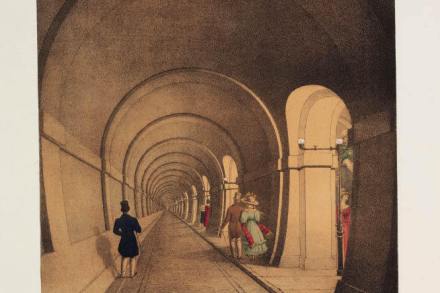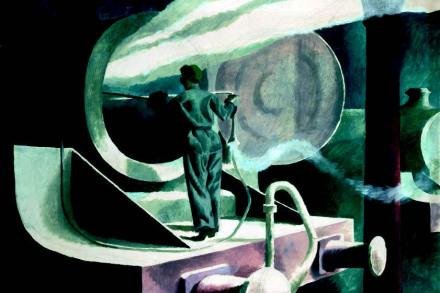All American Politics is Yokel?
You shouldn’t really go wrong asking Christopher Hitchens to write about Michelle Bachmann. Nevertheless this part of his most recent Slate column is, though reprising a familiar complaint, unusually unreflective: Where does it come from, this silly and feigned idea that it’s good to be able to claim a small-town background? It was once said that rural America moved to the cities as fast as it could, and then from urban to suburban as fast as it could after that. Every census for decades has confirmed this trend. Overall demographic impulses to one side, there is nothing about a bucolic upbringing that breeds the skills necessary to govern a complex










